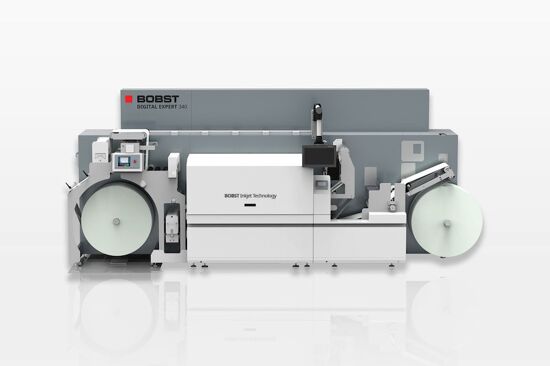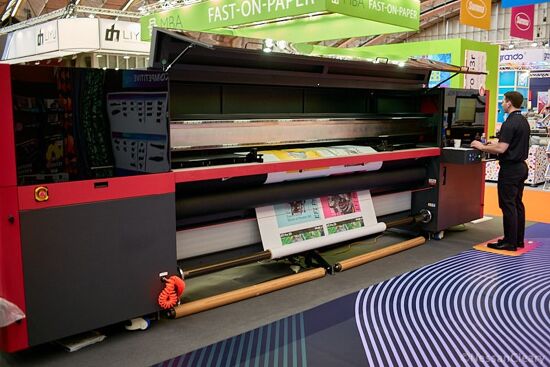How green is your accreditation?

A glut of announcements recently by manufacturers claiming that their products are certified to international standards rings alarm bells.
One ink company is offering products that meet the Cradle to Cradle standard, a standard which has been invented by a group in California called the Cradle to Cradle Products Innovation Institute, which sounds very impressive. This unaccredited organisation provides its own certification for products, thereby helping companies to demonstrate to customers and regulators that they are committed to sustainability.
The Cradle to Cradle Products Innovation Institute’s reference document is one of its own invention and is based on continual improvement. In this respect, it is much like ISO 9001, the international quality management standard but that is where the similarities end.
The Cradle to Cradle Products Innovation Institute is a nonprofit organisation funded by foundations and “individuals who share common values and hope for the future”. But the group also has revenues from training, certification and logo licensing fees.
This is where matters get murky, because for an environmental label to be robust there must be a crystal clear demarkation between the training and consulting part of a business and its certification programmes. Otherwise it’s just a nice little earner, no matter how grand the organisation sounds.
Coming back to the ink company, its certification confirms that print products printed using the offset process and the company’s inks can be “reintroduced into the biological cycle as compostable waste” or that they can be recycled into new board and paper.
That printed matter is compostable and recyclable not news to anyone, but rather more important is the fact this certification also addresses a company’s manufacturing process. This actually matters far more since energy and water handling need to be managed to minimise their usage, along with their environmental impact.
The ink company would be better off with a certification to ISO 14001, which confirms continual improvement in managing environmental aspects and impacts over time.
The process of certification is tough and expensive but this is why it is one with solid market credibility. ISO 14001 demands a proven management commitment to both environmental management and to managing the risks associated with doing so.
The market continues to embrace this standard because it works, it’s credible and it delivers tangible, quantifiable market benefits. That is what environmental certifications should be all about.
Topics
Interested in joining our community?
Enquire today about joining your local FESPA Association or FESPA Direct
Recent news

WrapFest returns to Silverstone amid vehicle customisation boom
WrapFest, the dedicated show for the vehicle and surface decoration community will return to the prestigious Silverstone Race Circuit this year, running from 3-4 October 2024.

Opportunities for large formt printers in labelling
Nessan Cleary shares how labelling can present a unique opportunity for large format print suppliers who are looking to grow and diversify their business.
.png?width=550)
